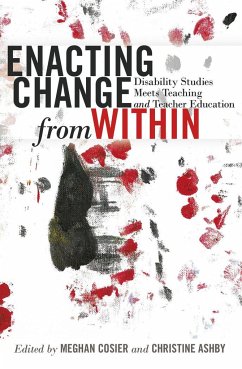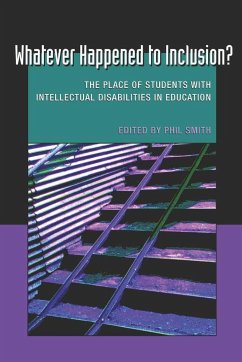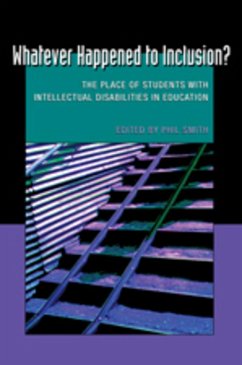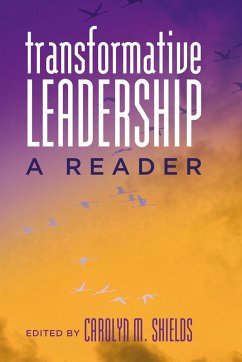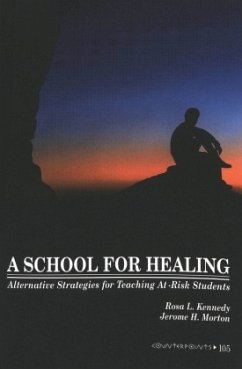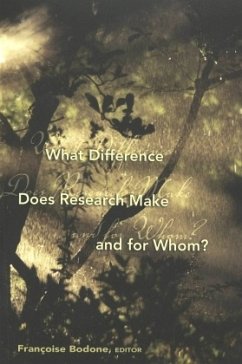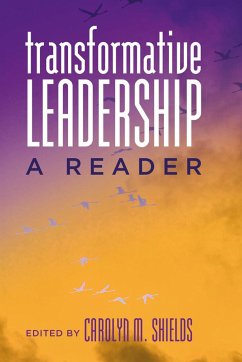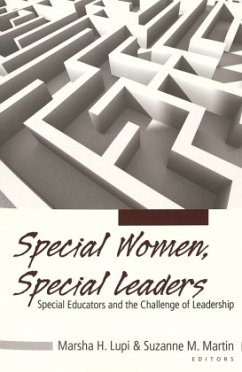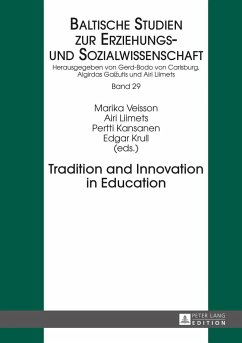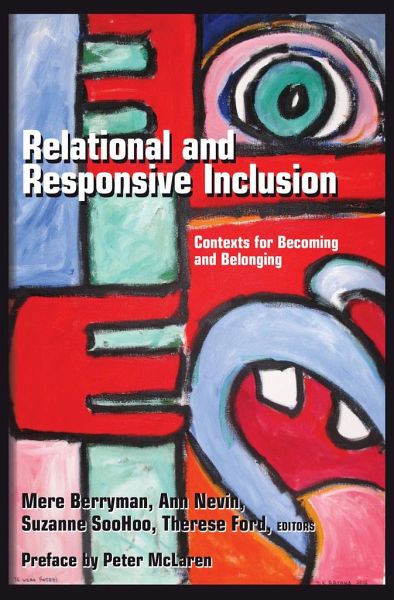
Relational and Responsive Inclusion
Contexts for Becoming and Belonging
Herausgegeben: Gabel, Susan L.; Danforth, Scot; Berryman, Mere; Nevin, Ann; SooHoo, Suzanne; Ford, Therese
Versandkostenfrei!
Versandfertig in 6-10 Tagen
45,75 €
inkl. MwSt.
Weitere Ausgaben:

PAYBACK Punkte
0 °P sammeln!
Socially unjust circumstances continue to perpetuate inadequate classroom, school and system-level responses to longstanding social justice imperatives, shutting out power-sharing solutions to educational disparities and marginalizing populations of Indigenous and minoritized peoples. To address these educational disparities, this book proposes a relational and culturally responsive framework, from within a critical and indigenous paradigm that is designed to foster one's sense of becoming and belonging in the world with all people, and thus promotes inclusion. Praxis such as this challenges t...
Socially unjust circumstances continue to perpetuate inadequate classroom, school and system-level responses to longstanding social justice imperatives, shutting out power-sharing solutions to educational disparities and marginalizing populations of Indigenous and minoritized peoples. To address these educational disparities, this book proposes a relational and culturally responsive framework, from within a critical and indigenous paradigm that is designed to foster one's sense of becoming and belonging in the world with all people, and thus promotes inclusion. Praxis such as this challenges traditional paradigms that marginalize or dehumanize those with whom we seek to work. Social justice in education must be concerned with recognizing, respecting and being inclusive of the diversity of all students. Social justice is about valuing and including all children for the potential they arrive with and for the families that stand beside them, rather than on what we might aspire to change and mold them into being.




